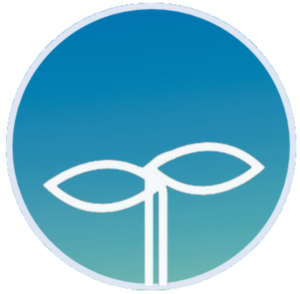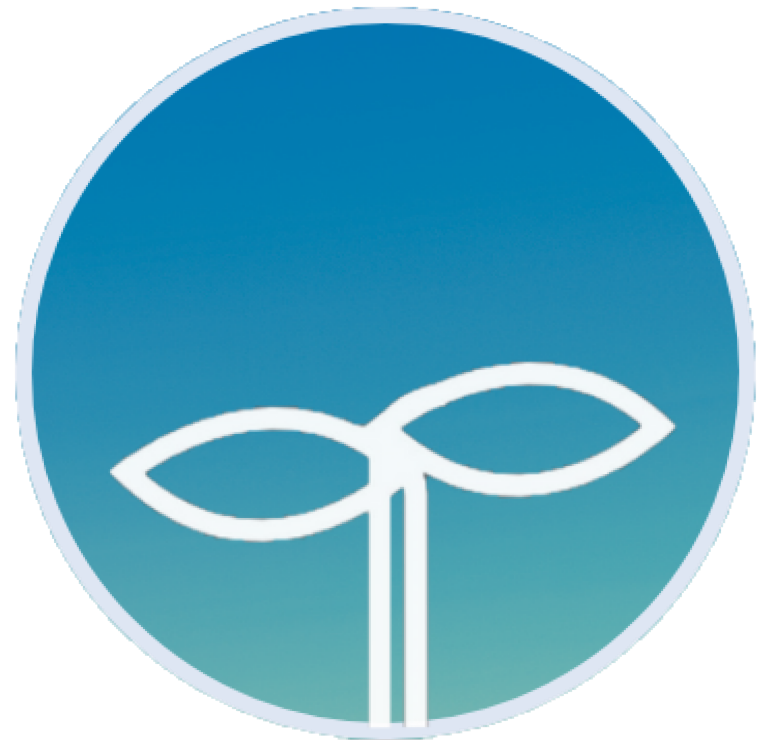Interview Tips
An interview can be a stressful experience, but preparation can go a long way toward increasing your confidence and your success. Here are some tips and some do’s and don’ts to help you prepare.
DO begin by expressing thanks for them taking the time to talk with you. They may start by asking, “Tell me about yourself” or “Why are you interested in working here?” For this, as in all questions, prepare but don’t memorize your answers, and don’t ramble. Be sensitive to their cues.

DO be ready for behavioral-type questions. Typically, they follow the STAR method – Situation, Task, Action, and Result. They may ask things like:
Tell about a time when…
- You had to overcome an obstacle on a project, and what happened
- You made a mistake, and what did you do
- You had to learn something complex in a short amount of time and how you did that
- You worked with someone difficult and how that went
- You persuaded someone to your point of view (They don’t want to hear that you are pushy, instead that you listen to other people and use reasoning, etc.)
- You worked with people very different from you, and how that went (They want to hear that you get along well with others.)
In each of these cases, you want to talk about how you faced a challenge, you took some action, and you can describe the result. The idea is that past behavior predicts future behavior, and they want to hear examples of how you handle situations.
DON’T describe how you worked with a group on a project, the others were all slackers, and you did all the work and saved the day. That is a typical response that students give, but it sounds bad to blame other people and doesn’t sound like you’re a team player. On the other hand, it sounds great if you can describe how you got input from others and collaborated to achieve good results together. That’s what they want to see from you in real-life work.
Other questions they may likely ask:
- Why do you want to work for our company? DO some research and be prepared with some knowledge of the company.
- Why should we hire you?
- What is your proudest accomplishment?
- What does collaboration mean to you? DO talk about getting input from others and being open to other’s ideas, and how a diverse team can bring more varied options and better overall solutions.
- What are your strengths? What are your weaknesses?
DO respond to the weaknesses question with something that is not a strong point, and describe how you are working to improve. For example, I worked on interview prep with someone with a weakness in public speaking, and he talked about how he was working to address that. This approach sounds impressive to employers. DON’T talk about your weakness without saying what you are doing to address it.
DO have questions ready for the interviewer. Questions you may want to ask:
- What training and mentoring do you offer your new hires?
- What is a typical workday like in this position?
- What are you looking for in someone you hire for this position? After they answer, you can follow up with, “Well, I believe I have those qualities, and I believe I could be a great fit for this position.” You want to come across as confident-but-not-cocky in this response and throughout the interview.
- What’s been the biggest challenge for your team during covid?
- Is more of the work done with a team or individually?
- What are the next steps after our interview today?
At the end of the interview, reiterate your enthusiasm for the position and the company. Thank them for taking the time to talk with you.
By preparing answers to typical questions, you can feel confident and comfortable in the interview.
If they ask you something you do not know, you can honestly say that you don’t know, but you’re willing to learn. This can happen especially with technical questions that some overzealous interviewers may ask. If they ask you if you have worked with a particular new software, you may say that you have worked with a similar software before, and you expect that knowledge of the other software would translate to quick learning of the new software. It is better to say you don’t know than to try to fake it, but end on a positive note.
In any question where you feel you have a mediocre answer, you want to finish your answer by saying something positive about how you look forward to learning more about this topic or type of work.
Send a follow-up email within 24 hours to thank each person you spoke with, stating your enthusiasm for the position and referring to something from your conversation. You can also send a hand-written thank you card.
DO look at interviewing as an opportunity to learn about the company and its employees and give them a chance to get to know you.
If you would like more support or practice with mock interviews, contact me to schedule a coaching session. After interviewing hundreds of people through the years, I know what employers look for in candidates and can help you prepare.
Good Luck!

ThomasCareerCoaching.com
